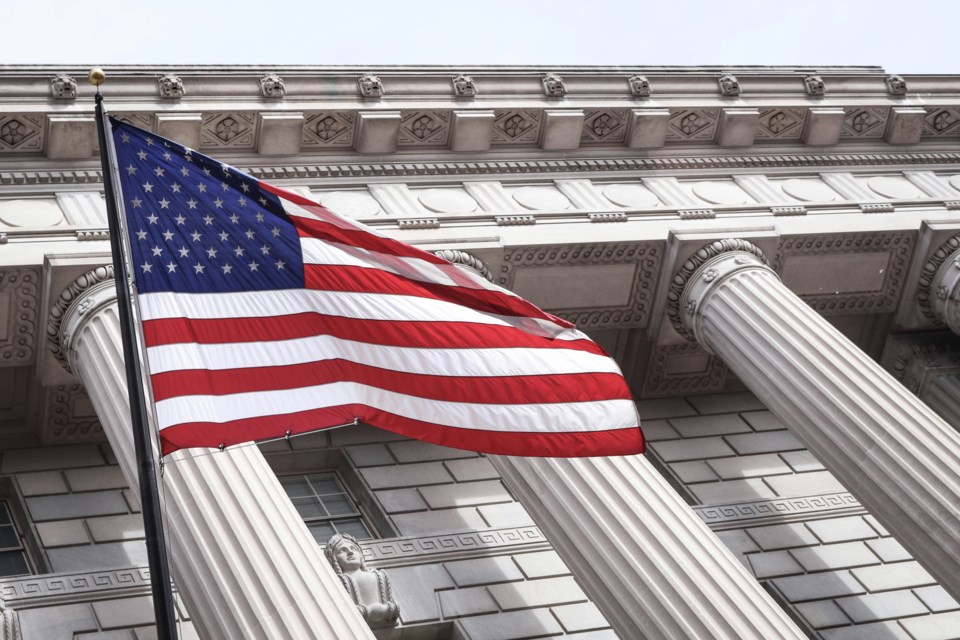A federal judge has issued a preliminary injunction blocking the enforcement of California’s new AI law, AB 2839, which was signed into law by Governor Gavin Newsom less than two weeks ago. The law was designed to target distributors of AI-generated deepfakes on social media, particularly those that depict political candidates in ways that might confuse voters. AB 2839 does not target the platforms on which these deepfakes appear, such as X (formerly Twitter) or Facebook, but instead focuses on the individuals who create and spread these manipulated images and videos. California judges would be empowered to order posters of AI deepfakes to remove them or face monetary penalties if it was determined that the poster knew the content was fake and had the potential to confuse voters.
The controversy surrounding the law began when Elon Musk reposted an AI-generated deepfake of Vice President Kamala Harris, sparking a feud with Newsom. This led to a discussion of whether the new law could be used to force Musk to remove the post. Christopher Kohls, the original poster of the deepfake on X, quickly filed a lawsuit to block the law, arguing that it violated his First Amendment rights. Kohls’ attorney contended that the deepfake in question was a form of satire protected under the First Amendment. According to the complaint, AB 2839 “relies on various subjective terms and awkwardly-phrased mens rea,” potentially threatening vast amounts of constitutionally protected speech.
U.S. District Judge John Mendez sided with Kohls, granting a preliminary injunction that temporarily blocks the enforcement of AB 2839. In his decision, Mendez expressed concerns over the statute’s potential to infringe on free speech: “Almost any digitally altered content, when left up to an arbitrary individual on the internet, could be considered harmful. For example, AI-generated approximate numbers on voter turnout could be considered false content that reasonably undermines confidence in the outcome of an election under this statute.” Mendez further noted that not all depictions that might be deemed harmful would necessarily influence electoral prospects or public confidence, making the law’s implications overly broad.
Judge Mendez emphasized the importance of protecting critique, parody, and satire under the First Amendment, even in the context of modern digital mediums like YouTube, Facebook, and X. He noted that current laws already provide recourse for public figures affected by digitally manipulated depictions, such as privacy torts, copyright infringement, and defamation. In his ruling, he remarked, “California’s interest and the hardship the State faces are minimal when measured against the gravity of First Amendment values at stake and the ongoing constitutional violations that Plaintiff and other similarly situated content creators experience while having their speech chilled.”
The judge’s order effectively blocks California’s ability to enforce the new law, but this injunction is temporary. The case is expected to continue as California seeks to address the challenges of regulating AI-generated content while balancing free speech rights. Meanwhile, this ruling casts uncertainty over AB 2839’s future and whether it will stand in its current form. For now, the law is unlikely to have any impact on the upcoming election. This development is part of a broader legislative push, as Governor Newsom has signed 18 new AI-related laws in the past month alone.
This lawsuit is one to watch. Balancing 1A with AI is going to get harder as the tech evolves.
Author’s note: This is not a sponsored post. I am the author of this article and it expresses my own opinions. I am not, nor is my company, receiving compensation for it. This work was created with the assistance of various generative AI models.
ABOUT SHELLY PALMER
Shelly Palmer is the Professor of Advanced Media in Residence at Syracuse University’s S.I. Newhouse School of Public Communications and CEO of The Palmer Group, a consulting practice that helps Fortune 500 companies with technology, media and marketing. Named he covers tech and business for , is a regular commentator on CNN and writes a popular . He's a , and the creator of the popular, free online course, . Follow or visit .




